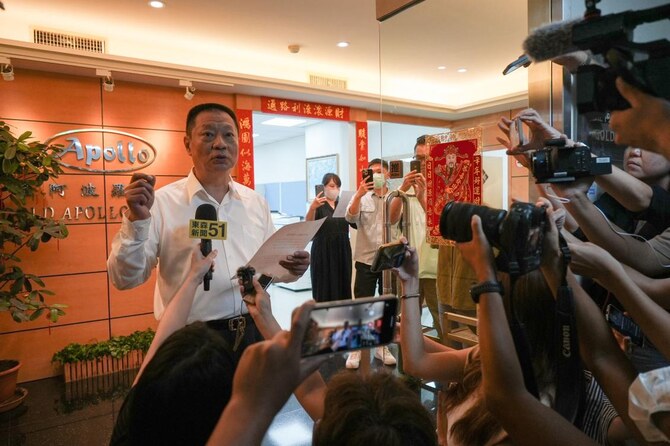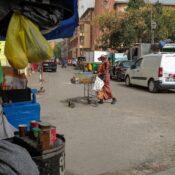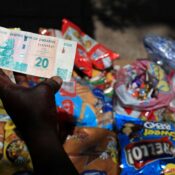
Taiwan and Bulgaria say they have nothing to do with the pagers that went off in Lebanon
Friday, governments in Taiwan and Bulgaria said they had nothing to do with the supply chain of the 2,000 pagers that went off in Lebanon on Tuesday, killing many Hezbollah members.
The attack on Tuesday and the one on Wednesday, both involving Hezbollah-used hand-held radios that went off, killed 37 people and hurt about 3,000 more in Lebanon.
No one knows how or when the pagers were turned into weapons and set off remotely, and Taiwan, Bulgaria, Norway, and Romania have all been involved in the search for answers.
Security sources said that Israel was behind the pager explosions, which raised the stakes in a fight between the two sides that was getting worse. Israel hasn’t said anything directly about the attacks.
This week, Gold Apollo, a business based in Taiwan, said that it did not make the devices used in the attack. Instead, it said that the pagers were made by BAC, a company based in Hungary, which had permission to use the Gold Apollo brand.
Low-end integrated circuits and batteries make up most of the parts, according to Taiwan’s Economy Minister Kuo Jyh-huei.
He replied, “I can say with certainty they were not made in Taiwan,” when asked if the parts in the pagers that went off were made in Taiwan. He also said that the case is being looked into by the legal system.
When asked if he had met with the de facto Israeli representative to talk about the case, Taiwan’s Foreign Minister Lin Chia-lung said “no” while talking to reporters at parliament.
“We are asking our missions abroad to raise their security awareness and will exchange relevant information with other countries.”
Thursday, local media said that Norta Global Ltd, a company based in Sofia, was involved in selling the pagers. This made Bulgaria a central focus of probes.
That being said, Bulgaria’s DANS said on Friday that it had “indisputably established” that the pagers used in the attack in Lebanon were not made, imported, or exported from Bulgaria.
It said that neither Norta nor its Norwegian owner had bought, sold, or swapped the pagers in Bulgaria.
PROBE IN TAIWAN
Taiwanese officials are looking into whether there is a link between its huge global tech supply chains and the devices used in the attacks in Lebanon. On Thursday night, Gold Apollo’s president and founder, Hsu Ching-kuang, was questioned by prosecutors but then let go.
Teresa Wu, the only worker at a company called Apollo System, was also at the attorneys’ office. She didn’t talk to reporters before she left late Thursday night.
This week, Hsu said that Teresa was one of the people he talked to about the deal with BAC.
On Gold Apollo’s official Facebook page, there were pictures of Teresa Wu wearing a Gold Apollo wristband at a trade show in Singapore in 2016. Wu could not be reached by Reuters for comment.
A spokesman for the Shilin District Prosecutors Office in Taipei told Reuters that the office had questioned two people as witnesses and got permission to search their four businesses in Taiwan as part of its probe.
“We’ll seek to determine if there was any possible involvement of these Taiwanese companies as soon as possible, to ensure the safety of the country and its people,” a spokesperson said.
Hezbollah, which is allied with Iran, has promised to strike back at Israel, but Israel has not claimed credit for the explosions. Since fighting started in Gaza last October, both sides have been fighting across the border.
All Categories
Tags
+13162306000
zoneyetu@yahoo.com


